Michael Wagner elected as member of the European Academy of Sciences and Arts

Michael has been elected as member of the class Technical and Environmental Sciences of the Academia Scientiarium et Artium Europaea.
Centre for Microbiology and Environmental Systems Science

The Division of Microbial Ecology | DOME at the Centre for Microbiology and Environmental Systems Science | CeMESS is a team of microbiologists and molecular biologists. Our mission is to unravel the complexities of microbial life and its profound impact on our health and environment.
Our researchers explore the evolution, ecophysiology, interactions and functions of microbes across a broad range of systems. We apply cutting-edge methods, from 'omics analysis, to single-cell isotope probing, to microbial imaging, to computational community modelling.

Get to know our research by exploring our active projects and the researcher profiles of our principle investigators.
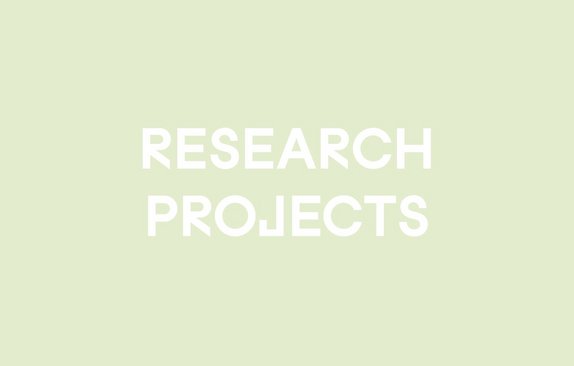
We are committed to nurturing the next generation of scientists, including undergraduate and doctoral programs, as well as intensive methods-based courses.

Our Facilities and Ressources include Joint Microbiome Facility, NanoSIMS, probeBase, and daime.


Michael has been elected as member of the class Technical and Environmental Sciences of the Academia Scientiarium et Artium Europaea.

An opportunity to delve into research on giant viruses: Anouk Willemsen, virologist at CMESS, is seeking a PhD student to work within her project…
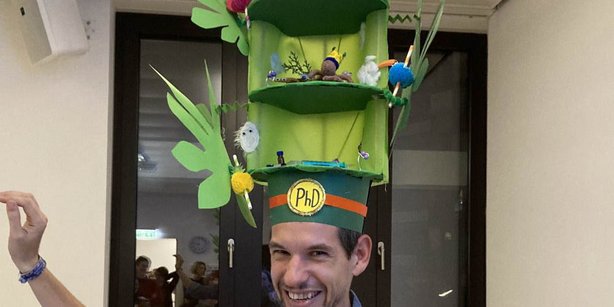
Maximilian Nepel successfully defended his PhD thesis entitled “N2-fixing microbial communities in two distinctive terrestrial ecosystems - grassland…
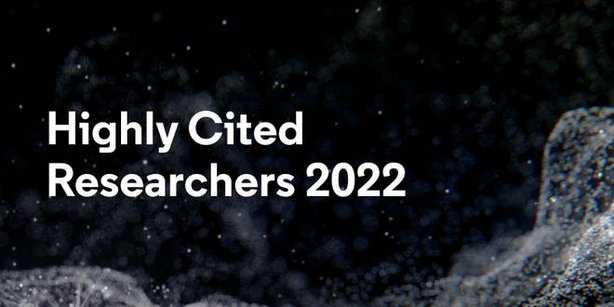
DOME member Michael Wagner is among the most cited researchers in the world. Alongside his CMESS colleagues Thomas Rattei (CUBE), Andreas Richter…
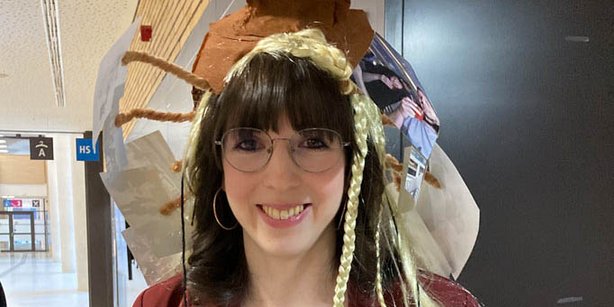
Tamara Halter successfully defended her PhD thesis entitled "Ecology and evolution of chlamydial symbionts of arthropods" on Nov 2, 2022. The board of…
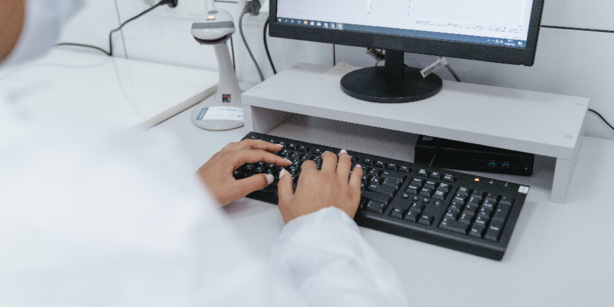
We are looking for a Senior Scientist for Bioinformatics to contribute to the day-to-day research as well as technical development.
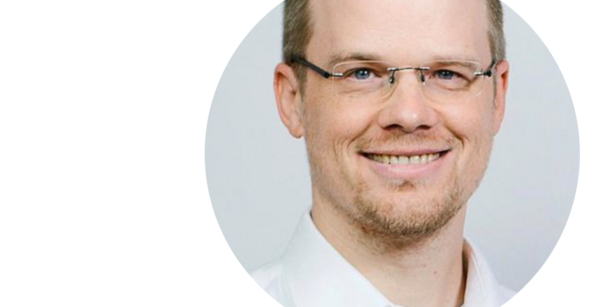
Andreas Bergthaler

William Orsi

Daniel H. Buckley
Krasenbrink J, Hanson BT, Weiss AS, Borusak S, Tanabe TS, Lang M et al. Sulfoquinovose is exclusively metabolized by the gut microbiota and degraded differently in mice and humans. Microbiome. 2025 Dec;13(1):184. doi: 10.1186/s40168-025-02175-x
Ye H, Šlipogor V, Hanson BT, Séneca J, Hausmann B, Herbold CW et al. Associations between gut microbiota and personality traits: insights from a captive common marmoset (
Callithrix jacchus) colony. Microbiology Spectrum. 2025 Nov 18;e0044325. Epub 2025 Nov 18. doi: 10.1128/spectrum.00443-25
Hodgskiss LH, Kerou M, Luo ZH, Bayer B, Maier A, Weckwerth W et al. Metabolic response of a chemolithoautotrophic archaeon to carbon limitation. mSystems. 2025 Oct 22;10(10):1-20. e0073225. doi: 10.1128/msystems.00732-25
Data Reuse Consortium, Wagner M, Rattei T, Osvatic J, Speth D. A roadmap for equitable reuse of public microbiome data. Nature Microbiology. 2025 Sept 26;10(10):2384-2395. Epub 2025 Sept 26. doi: 10.1038/s41564-025-02116-2
Crudo F, Petri P, Pacchione M, Dall'Asta C, Birse N, Berry D et al. Alternaria mycotoxins and gut microbiota: antimicrobial properties and bacteria-dependent modulation of mycotoxin immunotoxicity. Toxicology Letters. 2025 Sept;411(Supplement: S). doi: 10.1016/j.toxlet.2025.07.160
University of Vienna
